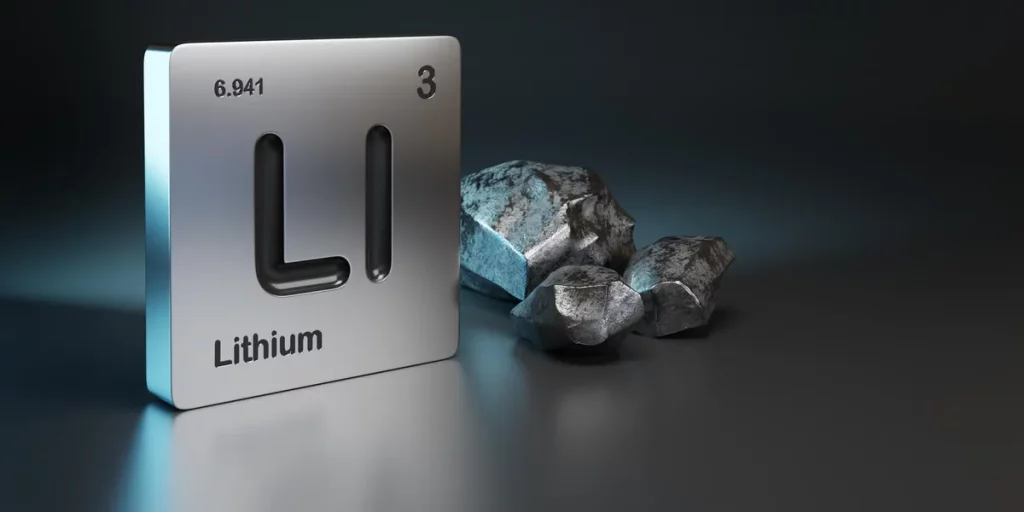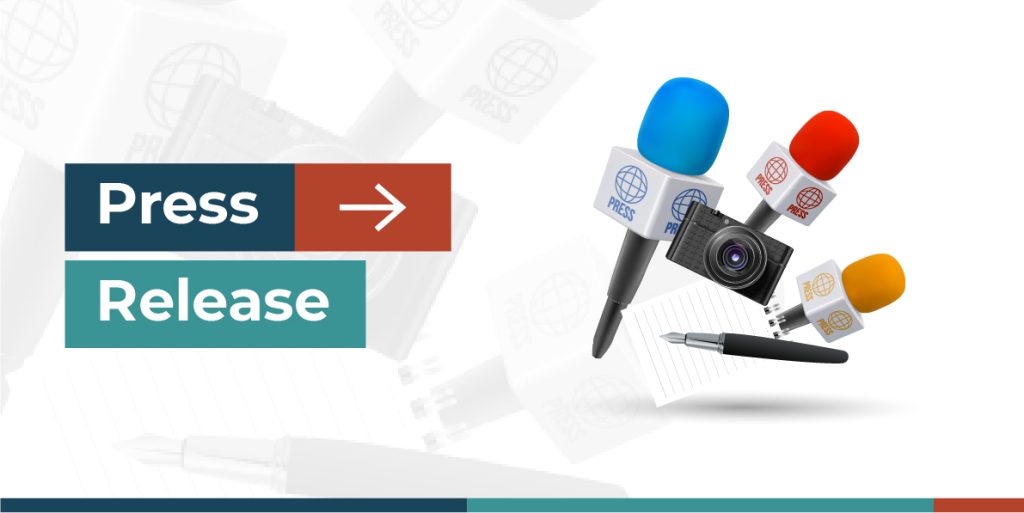PRESS RELEASE
Accra, Ghana
BudgIT Ghana, a non-governmental organization committed to promoting transparency and accountability in public finance management, has called for the implementation of sustainable and responsible mining practices in the extraction of lithium in Ghana. The organization emphasizes the importance of exhaustive consultations with all stakeholders, including local communities and civil society organizations.
While lithium is undeniably a valuable mineral, its extraction frequently necessitates substantial water consumption—a process that can exacerbate water scarcity and pollution in regions already dealing with limited water resources—in order to manufacture batteries for electric cars, smartphones, and other electronic devices. Additionally, the disposal of waste products from lithium mining and processing can have negative environmental impacts.

BudgIT Ghana is concerned about the lease agreement between Ghana and Atlantic Lithium and questions its benefits to the country. The organisation posits that Ghana might not obtain adequate revenue from the lease agreement and would be better off maintaining its lithium reserves and establishing its own lithium mining sector. Furthermore, BudgIT Ghana is concerned that the lease agreement between the Government of Ghana and Atlantic Lithium may not provide adequate protection for local communities and workers, which could lead to exploitation or abuse.
BudgIT Ghana recommends that mining be done sustainably and responsibly to mitigate the negative effects of lithium mining, focusing on minimising environmental impacts and protecting local communities. This could entail implementing best practices for water management, waste disposal, and other aspects of the mining process and engaging with local stakeholders to ensure their concerns and interests are considered.

Another approach is to focus on developing a green minerals industry that prioritises using sustainable and environmentally friendly practices in extracting and processing minerals, including lithium. “We urge the government to invest in lithium extraction and processing research and development, as well as promote the use of recycled lithium and other minerals.” Jennifer Moffatt, Programs Lead, BudgIT Ghana.
By prioritizing sustainability and responsible mining practices, Ghana can position itself as a leader in the green minerals industry while minimizing the negative impacts of lithium mining on the environment and local communities. BudgIT Ghana recommends that the government of Ghana take the following steps to promote sustainable lithium mining:
- Value Addition: By establishing processing plants in the country, the government can encourage value addition to the extracted lithium. This will increase revenue generation, create jobs, and reduce raw material exports.
- Green Minerals Policy: We advocate for the adoption of a green minerals policy outlining the principles and guidelines for sustainable and responsible mining practises. The policy should be developed in collaboration with all stakeholders, including civil society organisations and local communities.
- Energy Transition Plan: Ghana should develop and implement a clear Energy Transition Plan that outlines the country’s long-term strategy for transitioning from non-renewable to renewable energy sources. Such a plan should include specific policies, regulations, and actions that will promote the adoption of clean energy technologies, increase energy efficiency, and reduce greenhouse gas emissions. As a result, Ghana will be able to develop a sustainable energy system that not only meets its energy needs but also contributes to global efforts to mitigate climate change.
- Separate Green Minerals Mining: Separating green minerals mining from conventional mining for minerals such as gold and diamonds is crucial for promoting environmentally sustainable mining practises.
- Engagements with Civil Society and Citizens: To ensure that the concerns and interests of citizens and civil society organisations are considered in the formulation of mining policies and practises, the government should engage with these groups. This will benefit the mining industry by fostering accountability and transparency and by enhancing the relationship of confidence between the mining industry, local communities, and governmental entities.
BudgIT Ghana urges the government of Ghana to prioritize sustainability and responsible mining practices in the extraction of lithium and to take into account the concerns and interests of local communities and workers. BudgIT Ghana is dedicated to collaborating with stakeholders to enhance transparency and accountability in the extractive sector. The aim is to make sure that the advantages of mining are distributed fairly among all Ghanaians. Additionally, the organization seeks to track beneficial developmental projects within the mining communities.
Contact:
Jennifer A. Moffatt
Head of Programs
